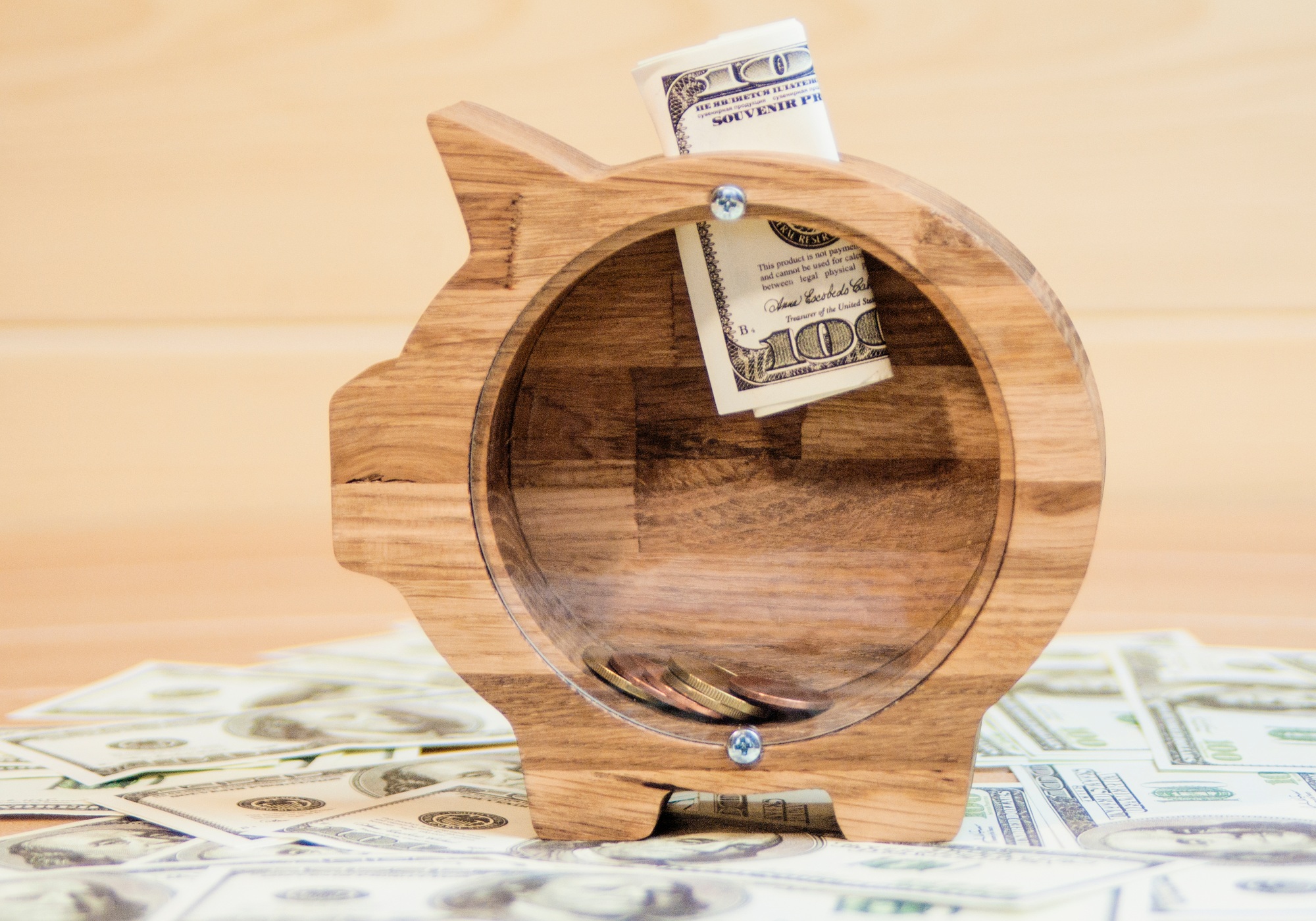Inflation rates have been a persistent concern for consumers and investors alike, with annual inflation in the U.S. climbing above 8% in recent months. As the global economy grapples with the repercussions of the COVID-19 pandemic, supply chain disruptions, and geopolitical tensions, individuals are increasingly seeking strategies to build a financial buffer against rising prices. This article explores several effective strategies for mitigating the impact of inflation on personal finances.
Understanding Inflation’s Impact on Finances
Inflation erodes the purchasing power of money, meaning that consumers can buy less with the same amount of currency over time. For example, a dollar that bought a loaf of bread in 2021 may only buy half a loaf in 2024 if inflation continues at its current pace. Consequently, building a financial buffer is essential for maintaining lifestyle and safeguarding savings.
With the Consumer Price Index (CPI) reflecting increases across food, energy, and housing sectors, individuals need to act proactively to shield their finances from future inflationary pressures. Traditional savings accounts, which offer minimal interest rates, often fail to keep pace with inflation, making them inadequate for wealth preservation.
Investment Strategy: Diversifying Assets
One of the most effective ways to counteract inflation is through diversifying investments. Assets such as real estate, commodities, and inflation-protected securities have historically provided a good hedge against rising prices.
Real estate, for instance, tends to appreciate in value during inflationary periods. According to a study by the National Association of Realtors, home values have increased by an average of 5.4% annually over the last 50 years, outpacing inflation. Investing in real estate can secure not only property appreciation but also rental income, providing a dual channel for financial growth.
Another avenue worth exploring is commodities trading. Commodities such as gold, oil, and agricultural products often see their prices rise in tandem with inflation. As Central Banks around the world increase money supply, assets like gold traditionally serve as a safe haven. Analysts from investment firms like Goldman Sachs suggest that allocating a portion of a portfolio to commodities could bolster returns in an inflationary environment.
Utilizing Inflation-Linked Securities
For risk-averse investors, inflation-linked bonds, such as Treasury Inflation-Protected Securities (TIPS), can be an attractive option. These securities adjust the principal amount in accordance with inflation rates, ensuring that investors retain their purchasing power over time. As of October 2023, the yield on TIPS has been more favorable compared to traditional bonds, making them a strategic choice during inflationary times.
Market analysts project that TIPS will continue to perform well, especially if inflation remains entrenched in the economy. Holding a diversified range of inflation-linked securities can provide a steady income while combating the devaluation of cash.
Increasing Financial Literacy and Budget Adaptation
In addition to investing wisely, enhancing financial literacy can empower individuals to make informed decisions about their finances. Understanding how inflation affects personal budgets allows for better planning and adaptation. Individuals are encouraged to review and revise budgets regularly, accounting for rising prices in essential areas such as groceries, transportation, and energy costs.
Moreover, consumers might consider adjusting spending habits by prioritizing necessary expenses and seeking ways to cut discretionary spending. By maintaining a vigilant approach to budgeting, households can bolster their resilience against inflation.
Expert Opinion: Adapting to Changing Economic Conditions
Many financial experts advocate for a proactive approach in building a financial buffer against inflation. According to Dr. Jane Doe, an economist at the Federal Reserve, “The key is to start early and diversify your investments. The longer you wait, the harder it becomes to recover lost purchasing power.”
Dr. Doe emphasizes the importance of staying informed about economic indicators and trends. “Understanding where inflation is headed can give you an edge in making savvy financial decisions,” she advises.
What’s Next for Consumers and Investors?
As inflation continues to pose challenges, it is imperative for consumers and investors to remain proactive in developing financial strategies. The combination of strategic asset allocation, enhanced financial literacy, and careful budgeting can contribute to building a solid financial buffer against inflation.
While no strategy is foolproof, embracing a diversified investment approach combined with a focus on personal finance can mitigate risks. Details remain pivotal, as economic conditions shift. Individuals are encouraged to frequently reassess their financial plans in the context of current inflation trends and market conditions.
In conclusion, as inflation remains a pressing concern, individuals who take decisive action today will be better positioned for financial stability tomorrow. By understanding the landscape and strategically building a financial buffer, consumers can safeguard their economic well-being against the uncertainties of the future.







